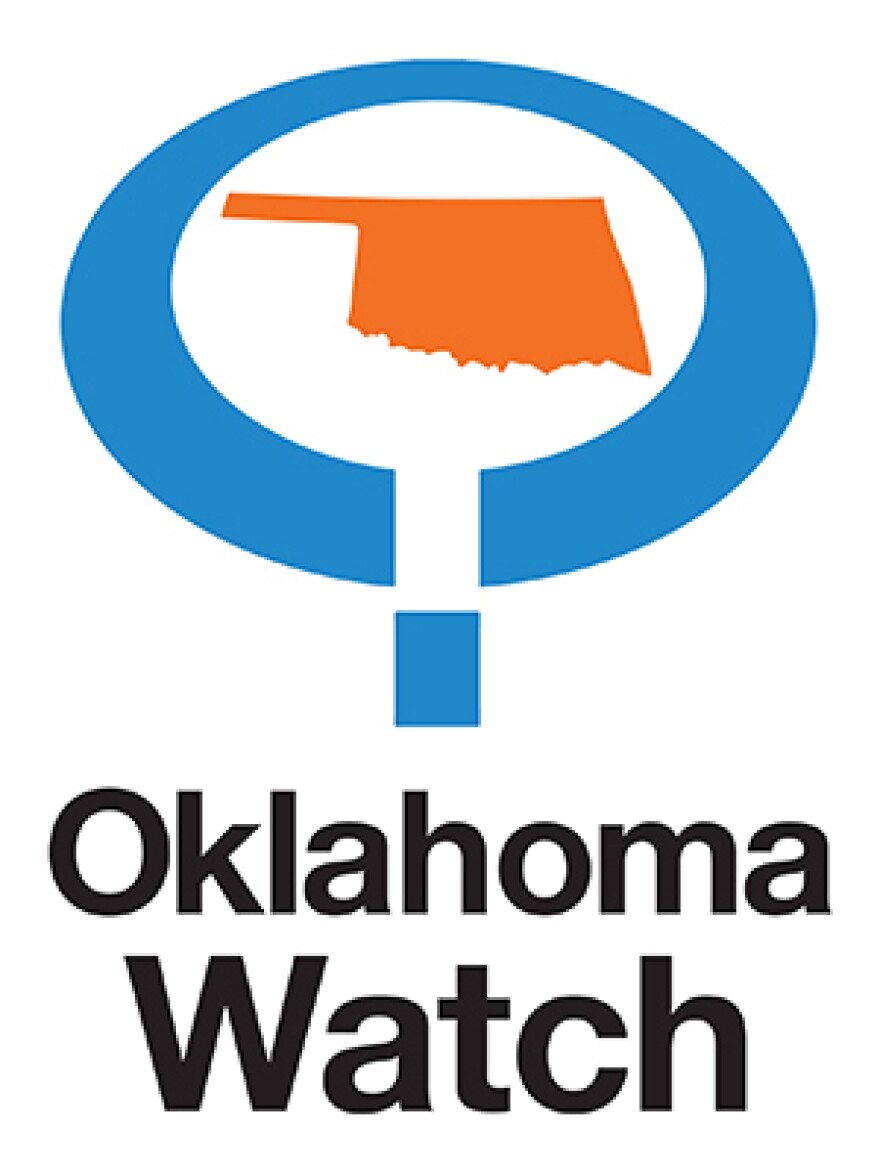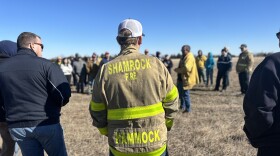Oklahoma lobbyists have spent nearly $380,000 this year on gifts, meals and beverages for state legislators and other elected officials through May, a 42% increase over the same period two years ago.
With COVID-19 concerns heightened, advocacy groups scaled back large in-person gatherings during the 2021 legislative session. Expenditure reports filed with the Oklahoma Ethics Commission show that sort of spending has rebounded.
In late April, the Oklahoma Restaurant Association spent $21,000 to host a dinner reception for legislators at the Embassy Suites hotel. The Oklahoma Cattleman’s Association spent nearly $3,900 to serve lawmakers and their staff ribeye steak sandwiches and chips for lunch on May 16. Under current reporting guidelines, lobbyists aren’t required to disclose individual recipients if every legislator is invited to an event.
Geoff Long, executive director of the Oklahoma Society of Professional Advocates, said scarce venue availability and rising inflation coupled to make hosting large-scale events during the pandemic more difficult. As concerns over the virus wane, lobbyists are again using come-and-go events to converse with lawmakers.
“A big piece of government affairs is really educational. No legislator is going to be an expert on everything,” said Long, an attorney who previously worked as general counsel for the Oklahoma Ethics Commission. “They put these events together so you can put multiple together to talk about issues.”
Lobbyists have spent more than $183,000 on gifts, meals and beverages for state legislators, the highest total since 2019. While lobbyists may not spend more than $500 on gifts and food for an elected official over a calendar, elected officials aren’t capped on how much they can receive.
The average lawmaker took in $1,245 in food and gifts during the five-month period, or $18.86 per day the Legislature was in regular session. Twenty-three lawmakers, all Republicans, accepted more than $2,000 in goods.
Sen. Casey Murdock, R-Felt, was the top recipient, taking in nearly $4,900 worth of gifts and meals from lobbyists. Murdock, who also received the most goods among legislators during the 2021 and 2022 sessions, said last year that dinners with advocates offer an opportunity for discussions on complex issues but his voting decisions are grounded in the interests of his constituents and the state as a whole.
Just two legislators, Reps. Tom Gann, R-Inola and Rick West, R-Heavener, did not accept gifts or food from lobbyists. Both staunch fiscal conservatives, Gann and West were the only legislative Republicans to vote against the majority party’s $12.9 billion budget plan.
West was elected to represent House District 3 in 2016, opted not to run in 2018 and was re-elected in 2020. West said he sometimes attends lobbyist functions but always reimburses organizers for the cost of food and drink. He said he isn’t critical of fellow legislators who chose to accept a meal or gift but remains concerned that lobbyists have excessive influence over some lawmakers, particularly those with less experience.
“I may make a bad vote down here, most of us do, but my constituents can’t say that you voted for that because you took their money and you’re bought off,” West said. “It’s about freedom to represent my district.”
—

Six years ago, the Oklahoma Ethics Commission has sought new restrictions on when lobbyists may bestow a gift on legislators. A rule change implemented in January 2018 prohibits lobbyists from giving legislators or their family presents for annual events such as birthdays, and limits gift-giving to major life events like marriage or retirement. A 2017 Oklahoma Watch investigation found that lawmakers often received birthday presents, including golf outings and Oklahoma City Thunder tickets, more than a month removed from their actual birth date.
State law prohibits registered lobbyists from contributing to a lawmaker’s campaign fund while the legislative session is active, but individuals and political action committees remain free to do so. State senate and representative candidate committees received more than $140,000 in monetary contributions from the onset of this year’s legislative session through March 31, Ethics Commission filings show. Reports covering the second half of the session are due by the end of July.
Copyright 2023 KOSU. To see more, visit KOSU. 9(MDA4OTAxNzAzMDEzMjc0MTc2MzA5ZDZlMw004))







